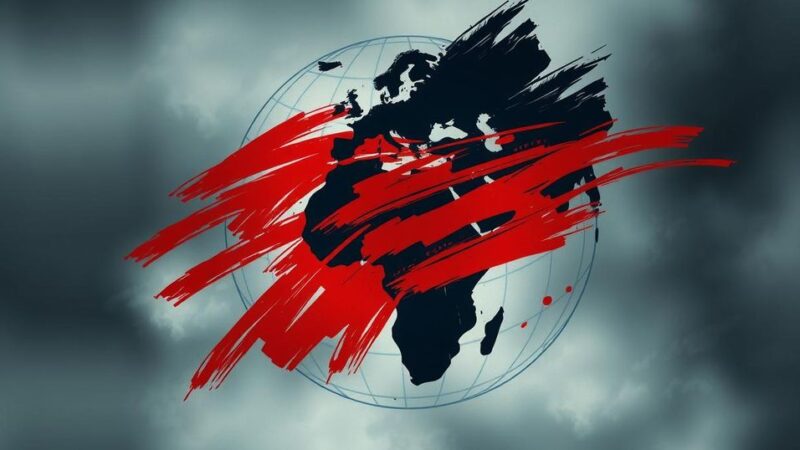Voting has started in Chad, amidst opposition calls for a boycott which brand the elections as illegitimate. President Mahamat Idriss Deby Itno advocates for the elections as a step toward democracy, while many citizens display indifference, expecting little change. Security concerns and public dissatisfaction regarding corruption and living costs also arise during this electoral process.
Voting commenced in Chad amid calls from opposition parties for a boycott, characterizing the elections as a facade intended to secure the ruling party’s dominance. President Mahamat Idriss Deby Itno has positioned these elections as a pivotal moment in Chad’s journey toward democracy; however, the opposition disputes this assertion, urging citizens to abstain from participating. In a significant logistical move, members of the armed forces and nomadic tribes cast their votes on Saturday, while the broader populace will participate on Sunday to elect representatives for parliament, regional assemblies, and local councils. Reports indicate a prevailing sense of apathy among many citizens, who express skepticism regarding the electoral process and the potential for change under the current regime. Issues such as high living costs, corruption, and nepotism dominate public discourse as the elections unfold. Despite these sentiments, an estimated 45 percent of nomadic tribespeople and military personnel had voted by midday on Saturday, indicating some engagement with the electoral process.
Chad is currently navigating a complex political landscape characterized by past military rule and ongoing social issues. Following the death of long-time President Idriss Deby Itno in 2021, his son, President Mahamat Idriss Deby Itno, assumed power and has been attempting to transition the country toward democratic governance. However, the opposition alleges that the current elections are merely a means to maintain the ruling party’s grasp on power, thereby raising legitimate concerns about the integrity of the electoral process. Furthermore, persistent security threats from rebel groups, particularly Boko Haram, and recent geopolitical shifts concerning alliances with former colonial powers compound the challenges Chad faces during this critical juncture in its governance.
The elections in Chad signify a crucial development in the nation’s political transition, despite opposition claims that they are merely a formality intended to solidify the ruling party’s authority. The atmosphere of disillusionment among the populace reveals deeper societal issues, while the active participation of military personnel and nomadic tribes underscores the complexity of voter engagement. Moving forward, the legitimacy and credibility of the electoral process remain under scrutiny, indicating that Chad’s political future will depend significantly on how these elections are perceived and executed in the eyes of its citizens.
Original Source: www.aljazeera.com







